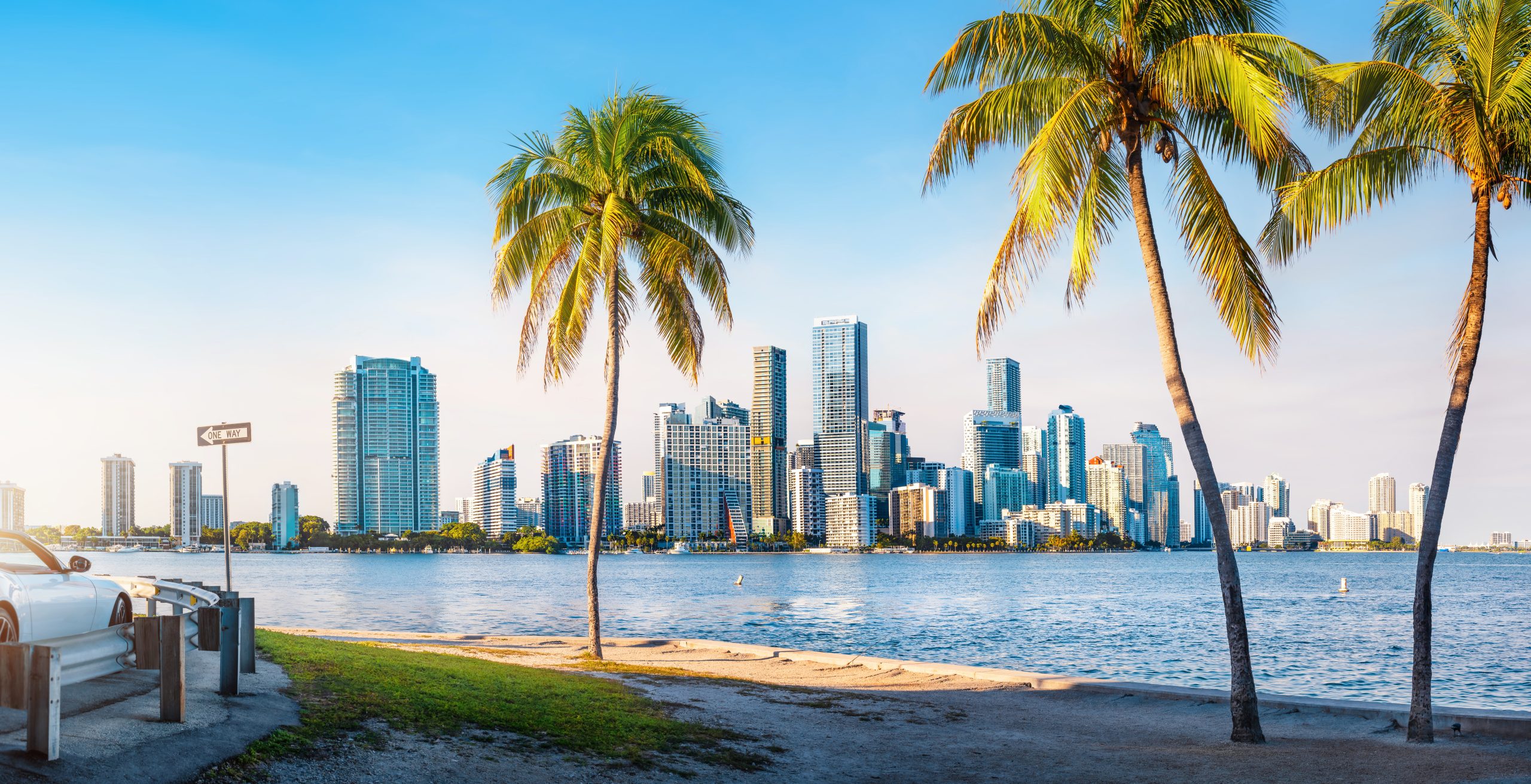Sweden to ease alcohol monopoly
The Swedish government has announced plans to allow small-scale breweries, distilleries and winemakers to sell alcoholic beverages directly to visiting customers.

Permitting local producers to sell alcohol directly would necessarily mean easing the country’s strict monopoly on alcohol.
Sweden’s current system, Systembolaget, permits restaurants and bars to sell alcohol for on-site consumption. Bottles are opened by staff, and customers are not permitted to take drinks off-premise.
Consumers are allowed to import their own beverages into Sweden, either through private travel or by post, but Sweden is able to levy taxes on recipients of alcohol sent by post.
Importantly, as it stands, producers of alcohol like vineyards, distilleries and brewers are not permitted from selling directly to consumers. Should their operations be too small for nationwide sales, these companies are allowed to sell their products through the nearest Systembolaget shops.
Ulf Kristersson, who has been serving as Prime Minister of Sweden since 2022, has been pushing to allow for so-called “farm sales” of alcohol since 2023, when a bill to relax some monopoly rules was announced.
Now, plans to give small producers more freedom to sell directly to customers have been officially confirmed. The proposal will be formally presented during the summer and sent to the European Commission for review, with the hope that it would be implemented in the first half of 2025.
Partner Content
Kristersson told a press conference on Wednesday: “This is a freedom reform. Sweden will become a little more like the rest of Europe, where it is a given that you can both visit and shop.”
The Prime Minister said the reform was aimed at small-scale and artisanal operations, estimating that around 600 small-scale businesses would be affected.
Restrictions have been put in place to protect the Swedish alcohol monopoly. Sales permitted by the new proposal would be limited to occasions where visitors had paid for a guided tour or a lecture.
Visitors will also only be allowed to purchase 0.7 litres of spirits and three litres of wine and beer.
Social Affairs Minister Jakob Forssmed told reporters the government believed that since sales would only be allowed as part of a tour or lecture, they would not pose a threat to the monopoly.
“It is also our assessment that this proposal is otherwise compatible with EU law,” Forssmed said.
Related news
Volatile first quarter for fine wine, but there is optimism on the horizon




